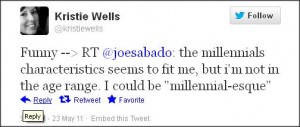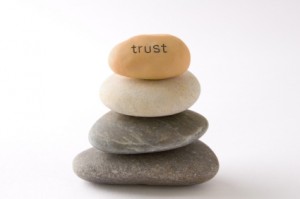Given the debate about the legitimacy of Massive Open Online Course (MOOC) as it relates to effective learning, the “failure” of the Coursera course – Fundamentals of Online Education was a hot topic days after it had to be suspended due to technical glitches and some confusion about the design of the class. I was enrolled in the course, my first MOOC course, and so I was disappointed the class could not continue. I was looking forward to the online learning experience with folks from countries such as India, Poland, South Africa and other parts of the U.S.
While critics of MOOC and articles such as this can certainly use this class as an evidence on the shortcoming of MOOC, I think it provides a huge potential for growth on how to proceed with designing and implementing online learning. I say potential because “failure” in itself does not lead to learning, but it does provide opportunities to reflect and improve on the instructional design and technologies. As a matter of fact, I think Coursera and other MOOC designers, after having to deal with criticisms and embarrassments, can point to this course as a positive milestone in the long run.
I was reading a book called Switch recently which talks about growth mindset. This is the mentality of accepting challenges despite the risk of failure. On the outside looking in, I can only imagine the infrastructure, resources, and thoughts that make MOOCs happen. Certainly, given the number of students participating in these courses and the sentiments filled with hyperbole from both opponents/supporters of MOOCs, mistakes and criticisms are magnified. However, personally, some of my biggest growth have come from what I considered at the time they happened as failures. I wrote in this post the value of making mistakes.
I have great respect for companies and instructors who are pushing the boundaries when it comes to exploring new ways of learning. I look at MOOC, not as a substitute for brick-and-mortar higher education institutions, but rather a supplement to accommodate the needs traditional universities cannot meet. I hope this course will be offered again and Dr. Fatima Wirth be given a second chance to share her expertise.

